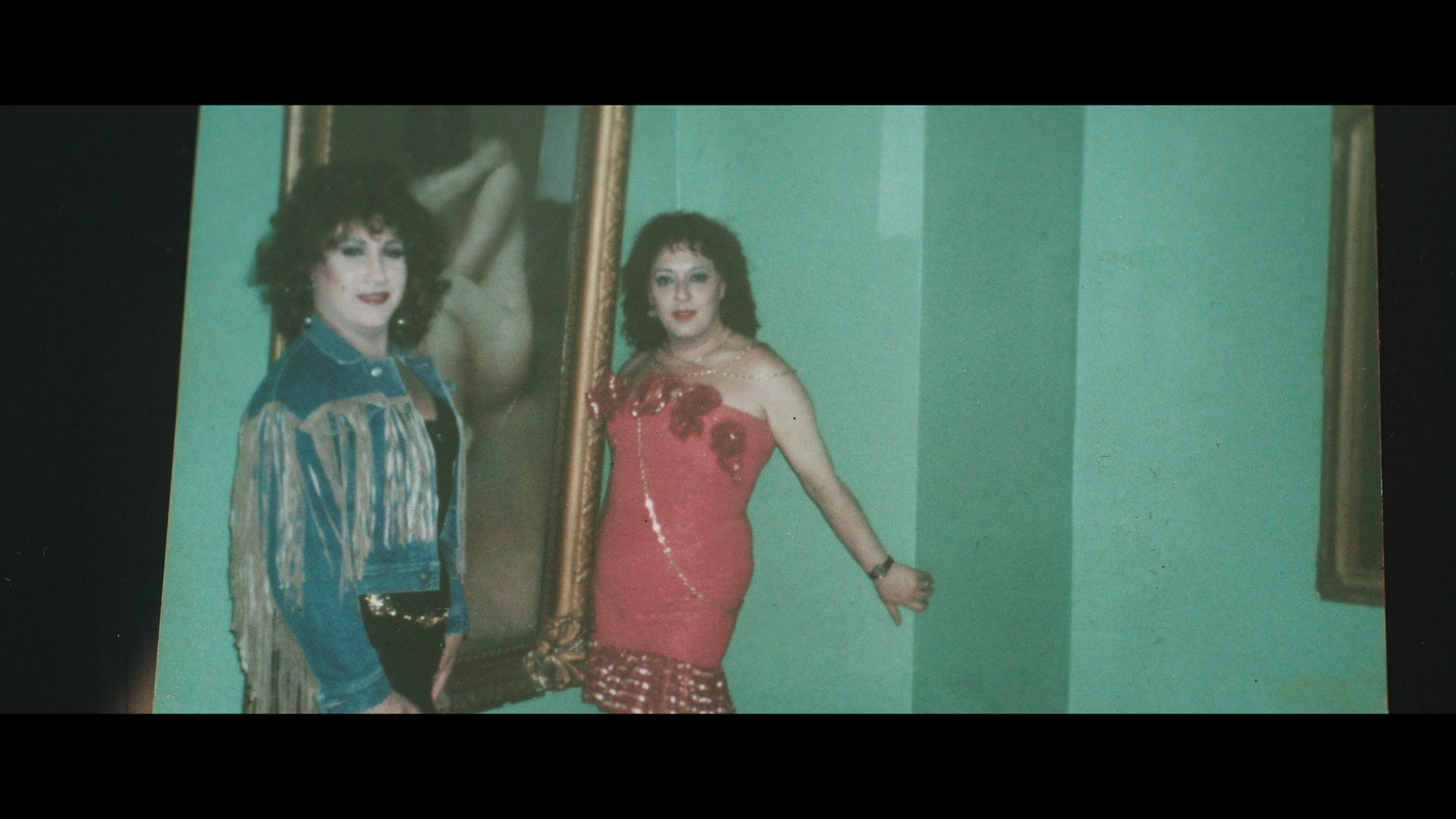CERCA

El polvo
[ita]
Quando muore qualcuno, i primi gesti associati al lutto sono al tempo stesso pragmatici e rituali: mettere in ordine, buttare via, fare spazio, sollevare la polvere. Grazie alla cura dell'inquadratura, che lascia i volti dei propri cari permanentemente fuori campo, il film di Nicolás Torchinsky materializza questo rituale del lutto costruendo con sobrietà lo spazio lasciato vuoto dalla zia del regista. Il film ritrae la donna morta e il suo percorso per diventare la donna che è stata in modo frammentario e mai diretto, affrontando il tema del lutto come una questione condivisa e quello dell’identità trans come una scelta intima.
Il ritratto di July prende vita poco a poco, come in un incantesimo, invocata attraverso le parole, ma soprattutto attraverso i suoi spazi, le sue cose, le sue foto, le sue parrucche, i suoi vestiti, la sua musica preferita. E la sua biografia, come quello specchio ancora appeso alla parete della casa in cui ha vissuto, riflette la storia di un'intera comunità.
[eng]
When someone dies, the first gestures of mourning are both pragmatic and ritual: tidying up, throwing away, making space, stirring up the dust. Thanks to the care taken in the framing, which leaves the faces of loved ones permanently off-camera, Nicolás Torchinsky’s movie materializes this work of mourning by soberly constructing the space left empty by the filmmaker's aunt. In a fragmentary and oblique manner, considering mourning as a shared affair and trans identity as an intimate politics, this film portrays the dead woman and her journey to become the woman she was.
The figure of July comes to life little by little, as if in a spell, invoked through words, but above all through her spaces, her things, her photos, her wigs, her clothes, her favorite music. And she weaves a biography that, like that mirror that still hangs on her wall, reflects the history of an entire community.
ticket online | http://www.liveticket.it/evento.aspx?Id=504001
tutta la programmazione | https://www.liveticket.it/siciliaqueer



